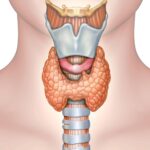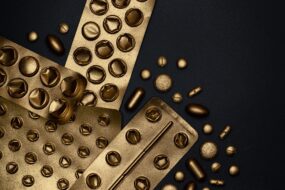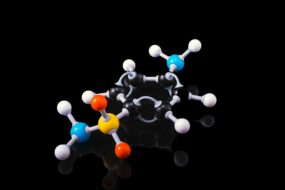
Probenecid is a uricosuric drug. It is a highly lipid-soluble organic acid developed to inhibit renal tubular secretion of penicillin so that its duration of action could be increased. It competitively blocks the active transport of organic acids in the renal tubules.
Mechanism of action.
· It inhibits tubular reabsorption of urate, increasing uric acid excretion from the body.
· Also inhibits tubular secretion of weak organic acids like penicillins and cephalosporins.
Clinical uses.
- Management of chronic gout and hyperuricemia.
- Pelvic inflammatory disease.
- Used to prolong penicillin action by enhancing and sustaining their blood level.
- Treatment of gonorrhea.
Adverse effects.
- Dyspepsia.
- Rash, fever, and headache.
· Nephrotic syndrome.
· Exacerbation of gout.
· Gouty arthritis.
· Hepatic necrosis.
- Loss of appetite and GIT upset.
Drug interaction.
- The drug inhibits the urinary excretion of cephalosporins, sulfonamides, penicillins, indomethacin, and methotrexate.
- The drug inhibits biliary excretion of rifampicin.
- Pyrazinamide and ethambutol interfere with the uricosuric action of the drug.
- Probenecid inhibits tubular secretion of nitrofurantoin; hence it may not attain antibacterial concentration in urine.
- Salicylates block uricosuric action of probenecid.
Contraindications.
· Children under two years old.
· Uric acid kidney stones.
· Acute gouty arthritis.
· Blood dyscrasias
· Hypersensitivity to the drug.












